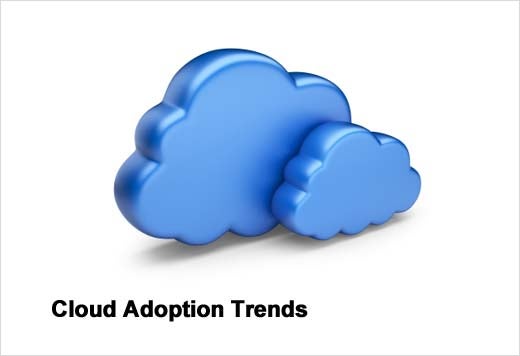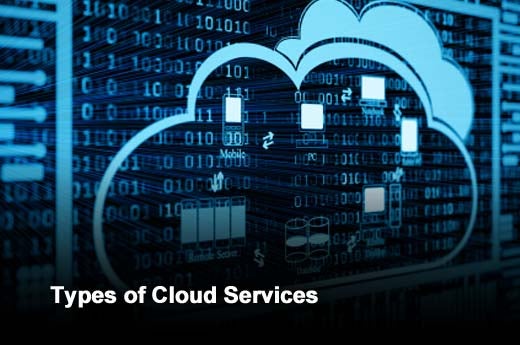Private cloud is the most popular cloud deployment model, according to a survey of IT professionals and executives who are involved in the cloud computing purchase process. The survey was conducted by Palmer Research and QuinStreet Enterprise, the publisher of well-known IT media brands that include IT Business Edge, eWeek, Datamation and CIO Insight.
The survey found 65 percent of respondents use or plan to use the private cloud deployment model. Despite the best efforts of cloud computing vendors, and increased adoption in recent years, concerns around security (mentioned as extremely or very inhibiting by 70 percent of respondents), privacy (69 percent), uptime (62 percent) and the control of data (61 percent) remain the most likely inhibitors to adopting cloud computing services and applications.
Download the full report now.
Click through for key findings from a cloud adoption survey conducted by Palmer Research and .
The survey asked respondents about three cloud service types: software as a service (SaaS), infrastructure as a service (IaaS) and computing resources. Unsurprisingly, the SaaS cloud service type is the most popular service used among survey respondents. SaaS applications are becoming widespread throughout the business and personal lives of IT and non-IT users alike, with companies like Salesforce.com, Google’s Gmail, and many mobile and social media applications living in the cloud. According to the survey, 45 percent of respondents are using SaaS and 33 percent plan to use it.
Among the respondents currently using or planning to use SaaS, reliability, security and performance were the benefits most frequently cited as important or extremely important.
IaaS is used by 26 percent of the survey respondents, with another 34 percent saying they are planning to use it. Scalability, cost savings and improved flexibility were the most commonly cited benefits of IaaS among survey respondents.
When discussing the benefits of PaaS, respondents using or planning to use PaaS cited the reduction of daily operational costs (81 percent rated it as extremely or very important) and operating system support (78 percent) as the leading benefits.
When respondents were asked what brands they are currently using for cloud computing, Microsoft was mentioned most often, (22 percent of respondents). Google (19 percent) was a close second, followed by Amazon (16 percent). It’s also worth noting that a number of vendors, including Google, VMware, Salesforce, Oracle, Cisco, Symantec and AT&T, had usage rates among respondents that exceed their unaided brand awareness.
In the early stages of evaluating cloud computing vendors, system reliability (92 percent), technology expertise (86 percent), and pricing and maintenance (80 percent) were listed as the most important criteria.
In the later stages of vendor evaluation, survey respondents seem to be focusing more on the interactions they expect to be having with their chosen vendor.
Download the full report now.









